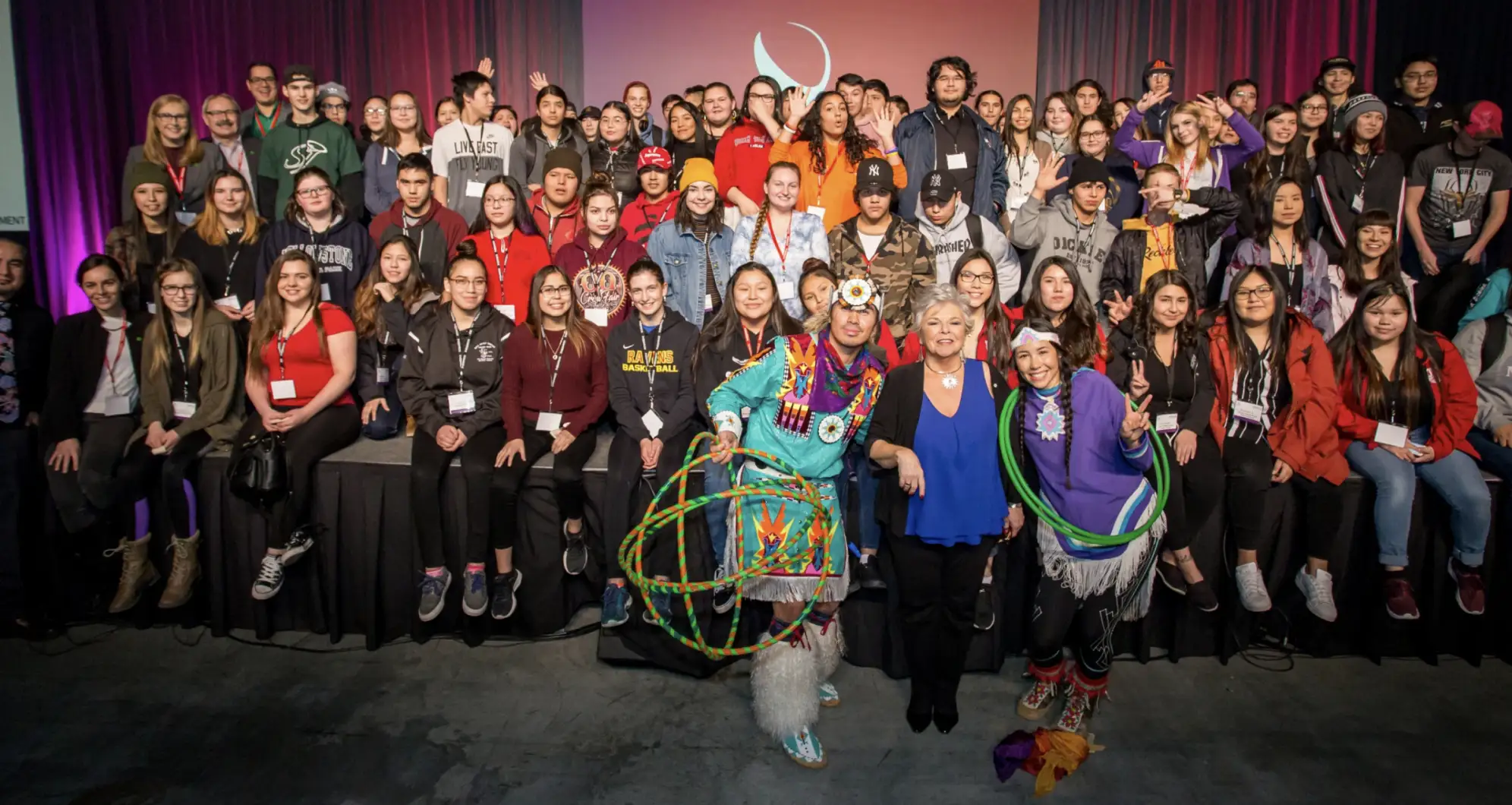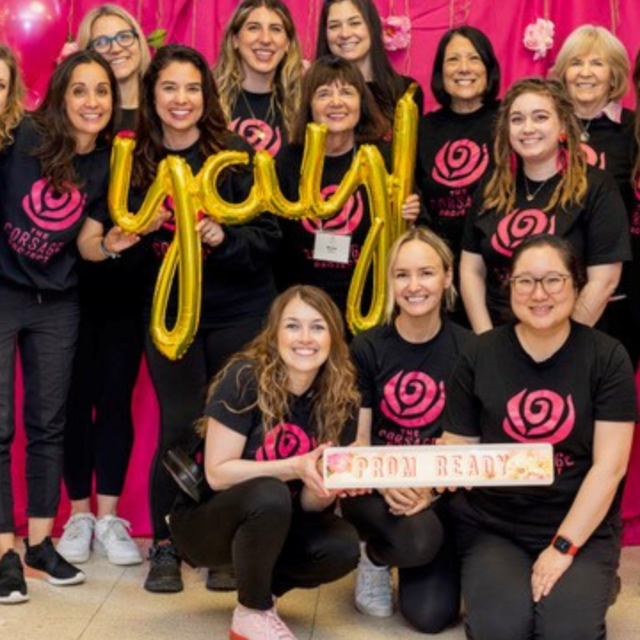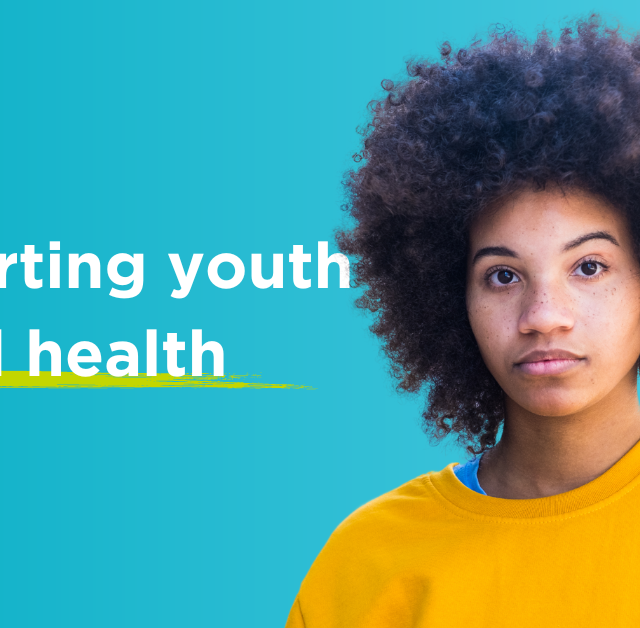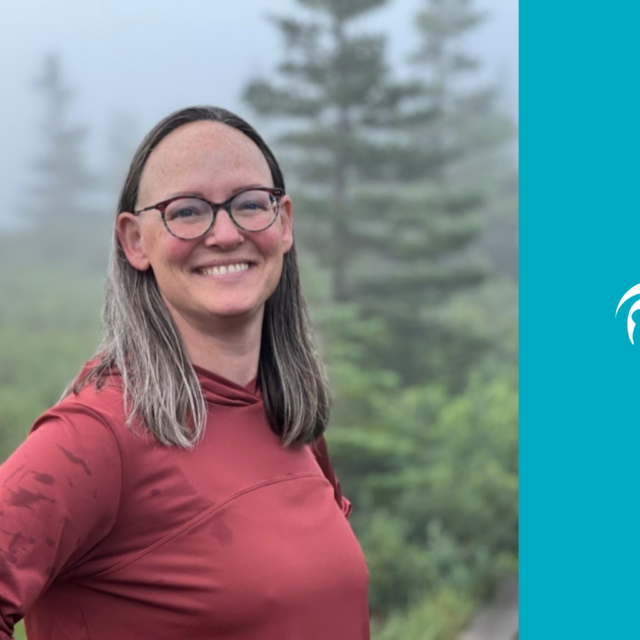Thank you for submitting your nominations for the 2022 Lynn Factor Stand Up for Kids National Award!
Established by Children’s Aid Foundation of Canada in 2018, the Lynn Factor Stand Up for Kids National Award celebrates and recognizes Canadians who are making a positive difference in the lives of children and youth involved with the child welfare system.
While we review this year’s nominations, we’re catching up with past winners to find out what they’re up to now –– and how the award made a difference in the work of the organizations they chose to support.
Roberta Jamieson, 2020 Winner
Raised on the Six Nations of the Grand River, Roberta Jamieson was the first First Nations woman in Canada to earn a law degree, the first female Ombudsman in Ontario, and the first woman to be elected Chief of the Six Nations of the Grand River Territory.
Roberta has dedicated her life to advancing mediation and systemic change in the pursuit of social justice and inclusion, especially for Indigenous youth. As the former President & CEO of Indspire, she oversaw an eight-fold increase in the number of bursaries and scholarships awarded to Indigenous students –– a reflection of her deeply-held belief in the power of education and mentorship to create systemic change in Indigenous communities.
Roberta has received 30 honorary degrees and earned numerous awards for her work and impact, including being named an Officer of the Order of Canada. She was also appointed by Prime Minister Justin Trudeau to the inaugural Gender Equality Advisory Council during Canada’s G7 presidency.
In 2020, Roberta won the Lynn Factor Stand Up for Kids National Award in recognition of her unwavering commitment to breaking down barriers to education and mentorship for Indigenous young people. We spoke with Roberta to find out what it meant to her to receive the award and how she’s continuing to make a difference today.
What did it mean to you to receive the Lynn Factor Stand Up for Kids National Award in 2020?
It was a tremendous honour to receive this award. More than that, it confirmed a recognition on the part of Children’s Aid Foundation of Canada of the profound importance of supporting Indigenous young people.
You selected Indspire to receive the $50,000 grant as part of this award. What are some of the projects or priorities these funds have supported?
Indigenous young people begin their lives being impacted by the legacy of residential schools, unlike non-Indigenous children in Canada. This means they do not begin at the same starting line as other kids.
It was for this reason that I decided to use the grant money from the Lynn Factor Stand Up for Kids National Award to start the Totah Cares (DML) Bursary at Indspire. The bursary is designed to help Indigenous youth access post-secondary education, with a special focus on those who have been raised by their grandparents or extended families, those who have been in government care, and students pursuing fields related to children’s mental health and well-being.
The word totah means “grandmother” in Mohawk, and DML represents the first letter of each of my three grandchildren’s names. In so many Indigenous families, grandmothers are the ones who take on the role of caregiver and provider, so I wanted to honour the crucial role they play through this bursary.
I’m also proud to share that we were also able to secure a matching contribution from the Government of Canada for the bursary, so that a total of $100,000 is available to Indigenous young people.
Since the Totah Cares (DML) bursary was established two years ago, 31 young people have been supported from all across Canada. The recipients are studying in a wide range of fields, including social work, child and youth care, psychology, education, and more.
Helping Indigenous young people achieve their dreams and make a difference in the world is essential if we want to help break down barriers for future generations.
You have helped to create such tremendous impact for Indigenous youth throughout your career. What do you feel are some of the biggest challenges or barriers that continue to be faced by Indigenous young people in Canada?
The biggest challenge remains financial. Indigenous youth need more equitable access to education, and that means more financial support.
They also need access to culturally appropriate education that recognizes and respects their unique histories and contexts, as well as wraparound services that will enable them to succeed. For example, Indigenous youth would benefit tremendously from access to Indigenous mental health professionals, elders, Indigenous teachers, Indigenous-focused curricula –– systemic inclusivity that validates their identities and realities in contemporary Canadian society. That means representation, respect, and visibility.
We have made some progress, but it’s still far too slow. Yet Indigenous young people are the fastest growing demographic group in Canada –– our country’s greatest natural resource. They require sustained investment so they can realize their potential and contribute to every facet of society.
I’m hopeful that the needed changes are being made. Canadians are paying more attention than ever, particularly following the discovery of unmarked graves on the sites of former residential schools over the past few years. These discoveries have really catalyzed a commitment on the part of Canadians to create change, and I’m hoping that will translate into sustained investment into supporting Indigenous youth.
What’s next for you, personally and professionally?
I’m a changemaker by nature. Over the years, I’ve taken up many different roles where I felt Indigenous voices needed to be heard and represented.
Right now, I’m working on expanding my role as a corporate director with RBC and Deloitte Canada and Chile, and as co-chair of the Indigenous Advisory Council to the CN Board of Directors to help shape change. I’m also proud to serve as vice-chair of the Governor General’s Leadership Council, and I was a founding visionary of The Prosperity Project, a registered charity founded to mitigate the impacts of COVID-19 on Canadian women.
And, as always, I’m spending lots of time mentoring people from all walks of life on the importance of inclusion and approaching challenges and solutions through the lens of intersectionality.
Learn more about the 2022 Lynn Factor Stand Up for Kids National Award and watch out for an announcement about this year’s winner!



